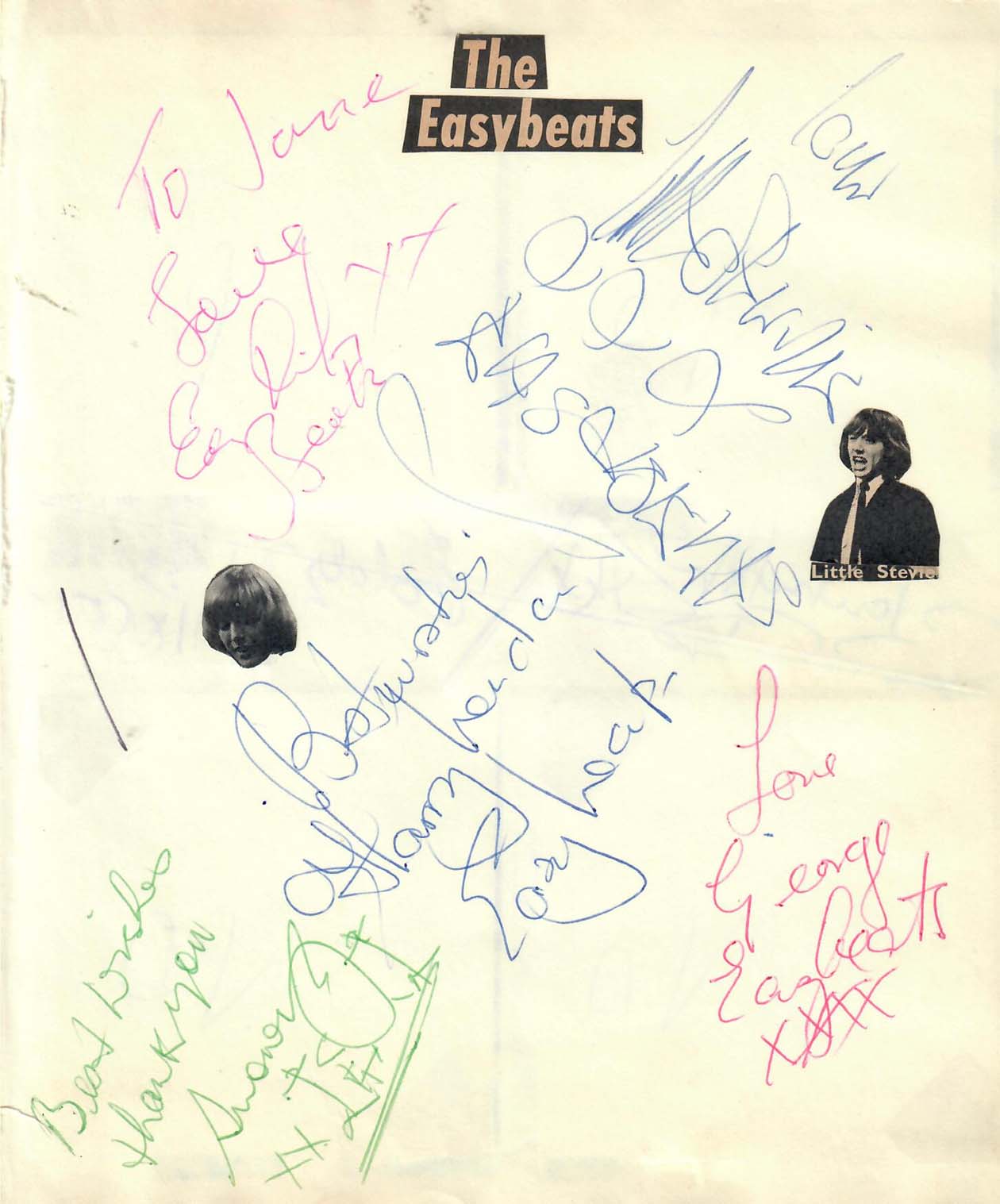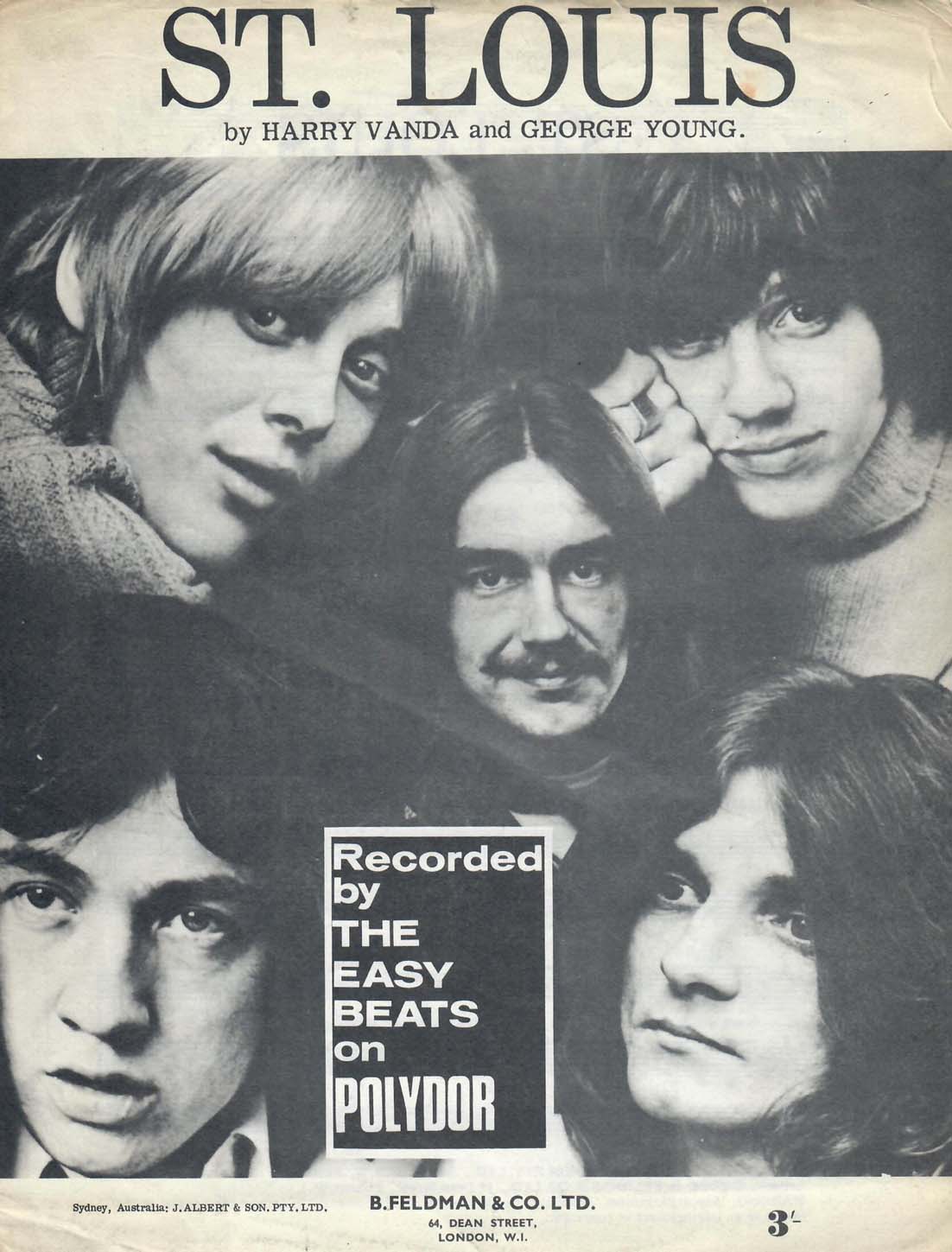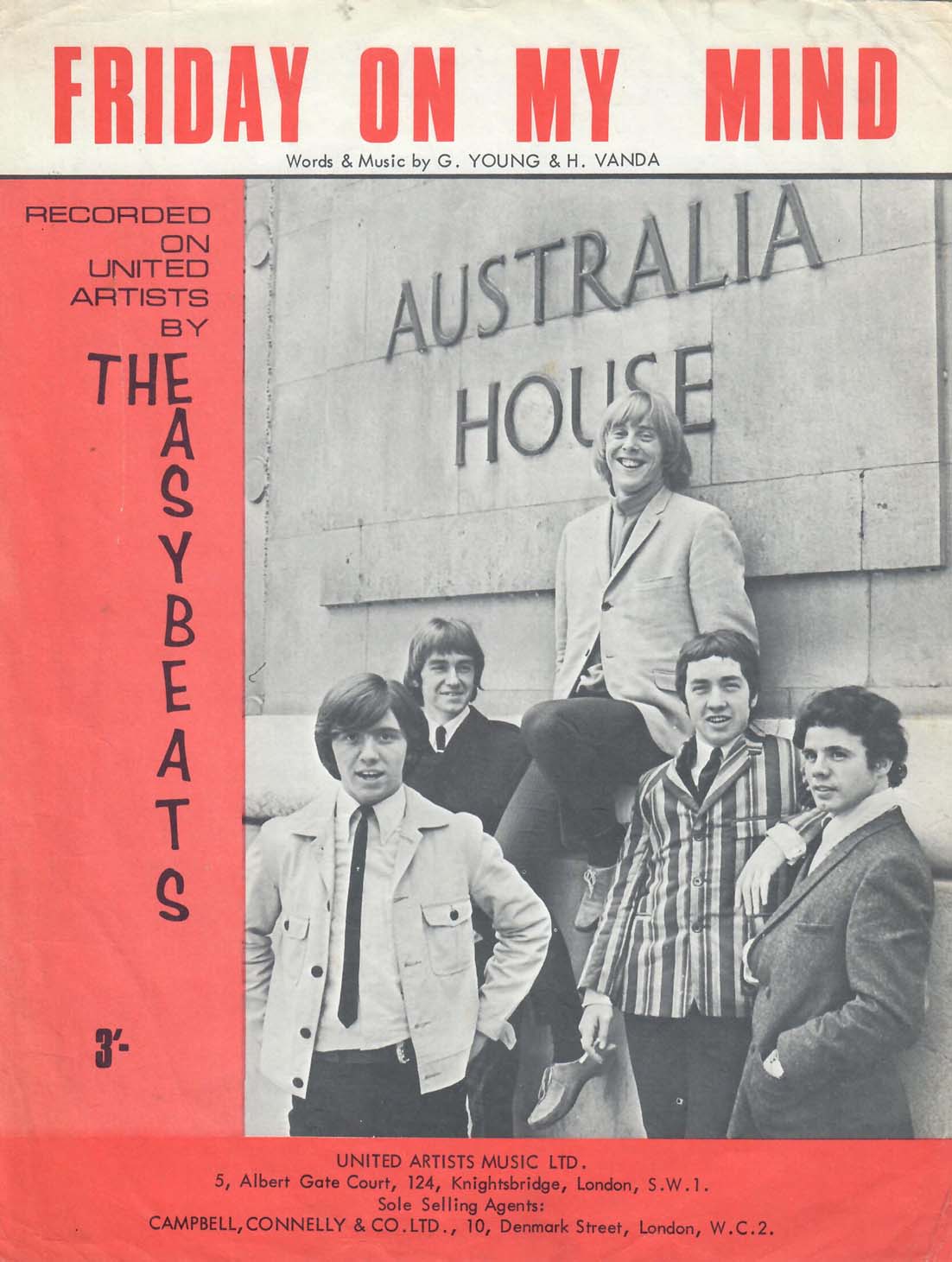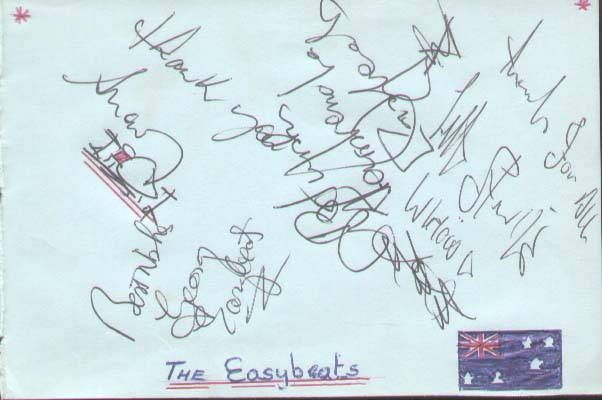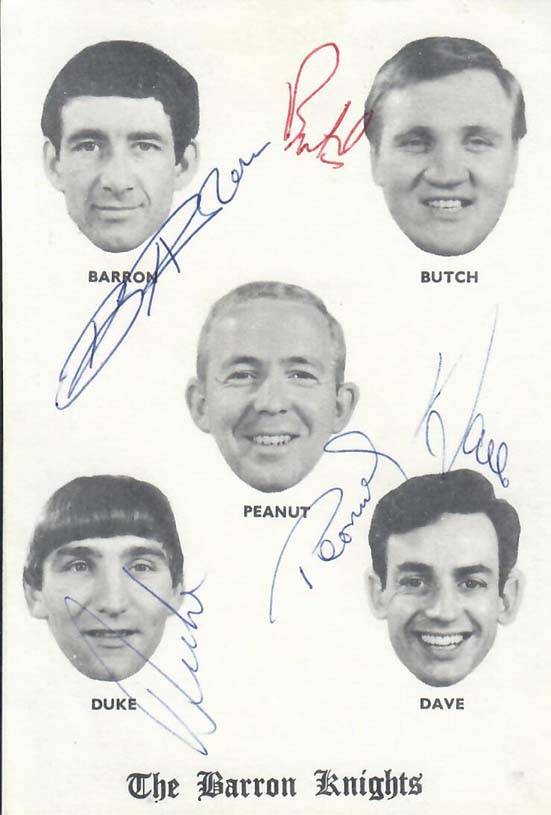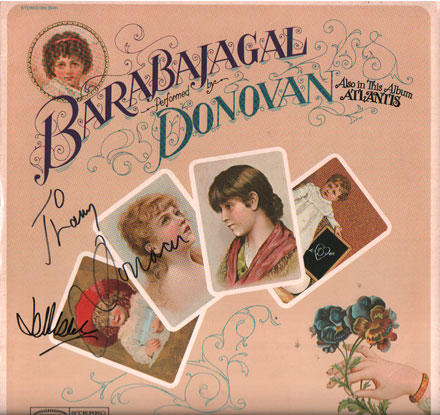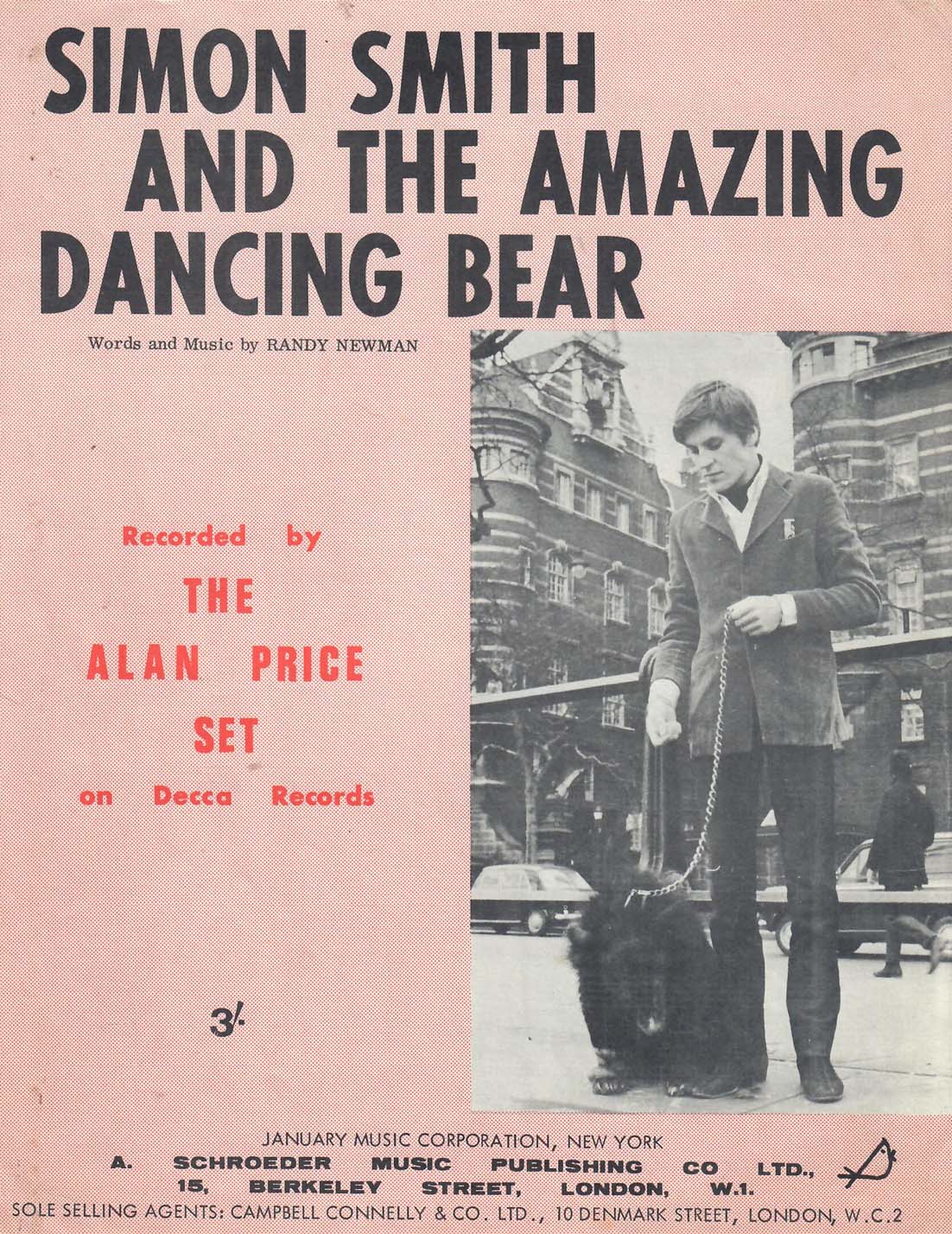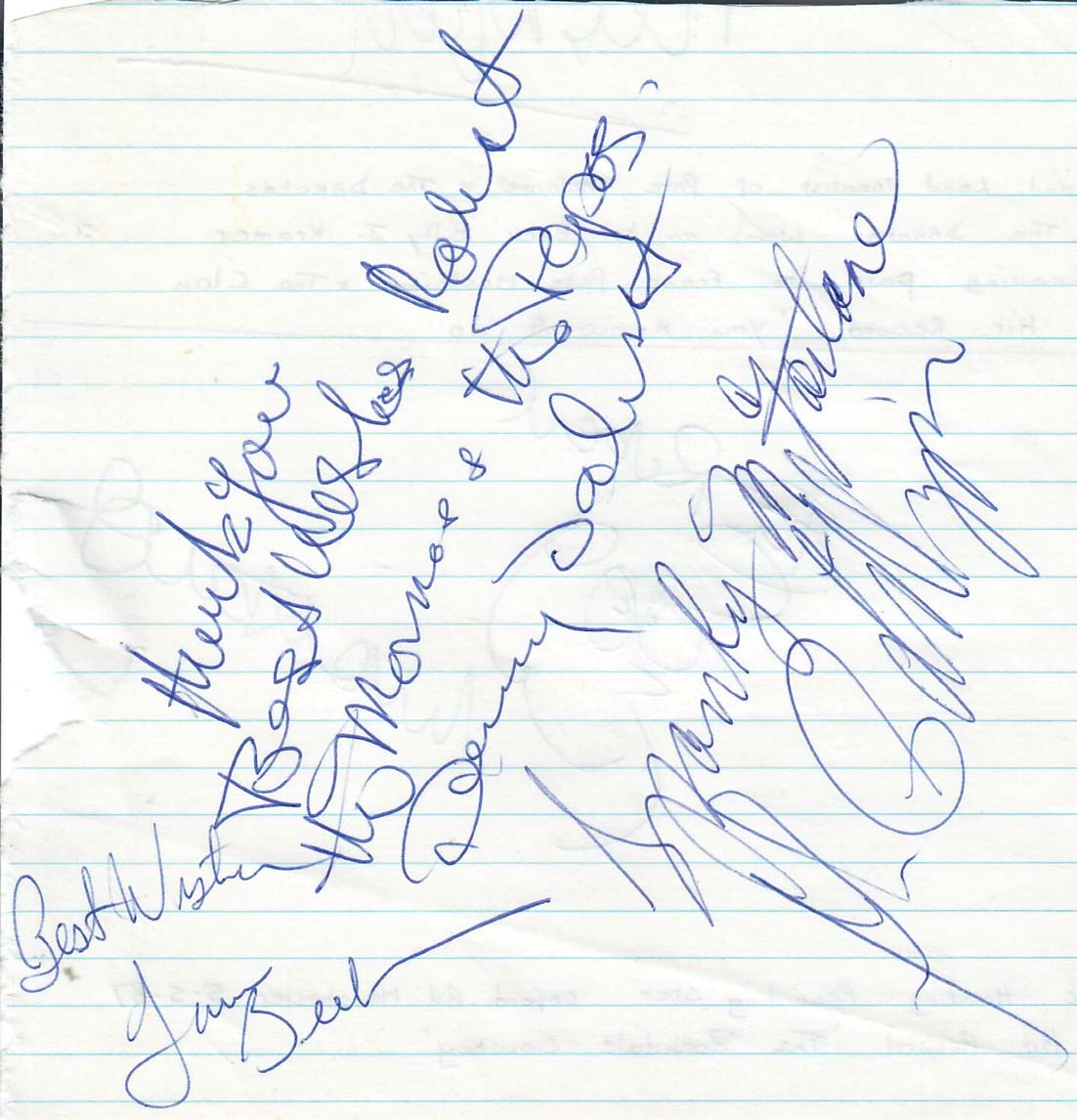Easybeats
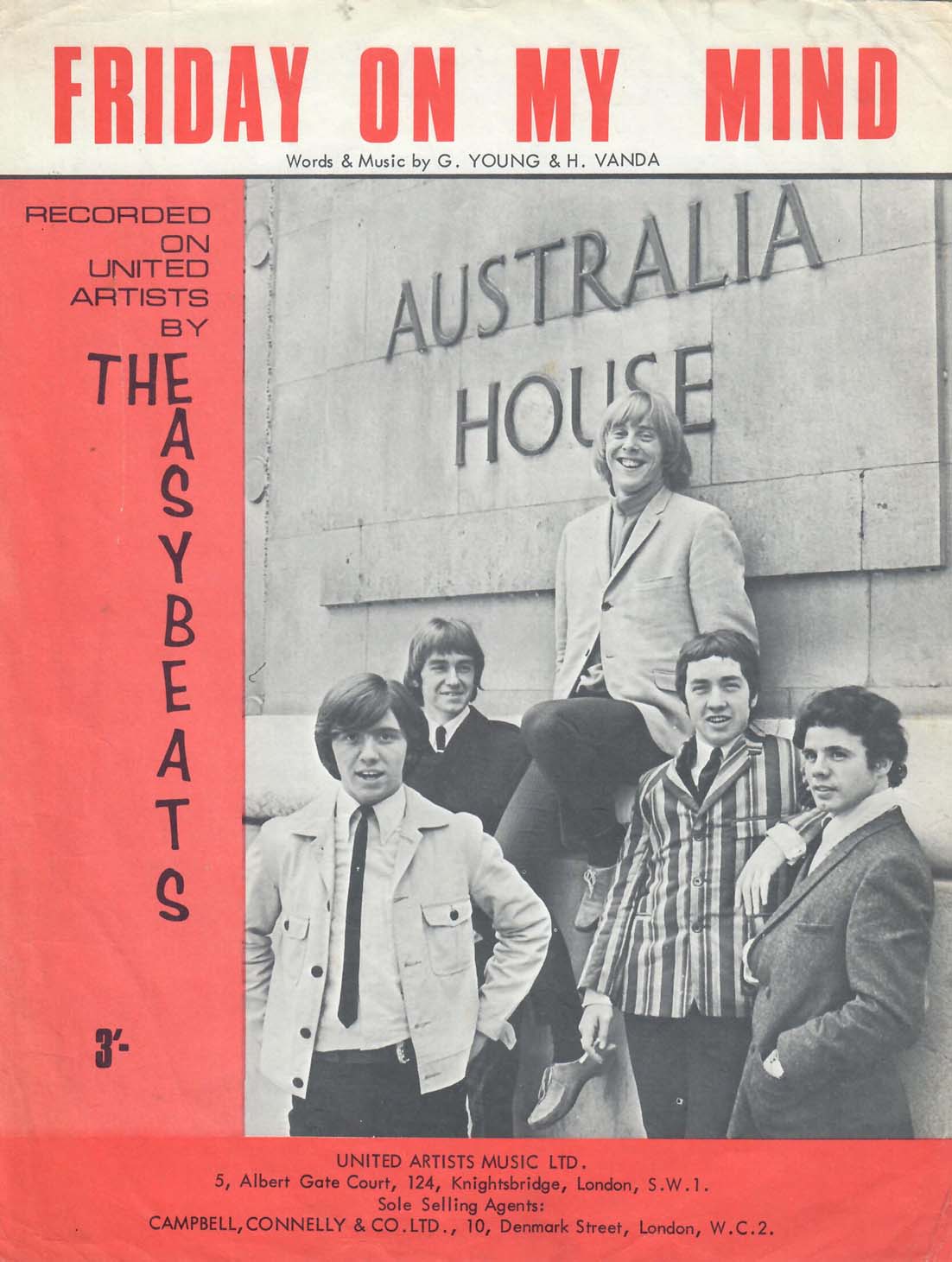
Easybeats
THE EASYBEATS. Australian rock band formed in Sydney in late 1964. They are widely regarded to be the greatest Australian pop band of the 1960s ; echoing The Beatles success in Britain. They were the first Australian rock and roll act to score an international pop hit with their 1966 single "Friday on My Mind". During 1965-early 1966, they released a string of hit singles including ; "For My Woman" (No5) / "She's So Fine" (No1) / "Wedding Ring" (No6) / "Sad and Lonely and Blue" / "Easy as Can Be" / "Women (Make You Feel Alright)" (No1) / "In My Book" / "Come and See Her" (No1) / "I'll Make You Happy" (No1) and "Sorry" (No4) all produced by Ted Albert. In early 1966, while the group were still touring Australia, their manager, Mike Vaughan, flew to New York to attempt to secure an American recording contract for the band. After initial lack of interest, on the last scheduled day of his visit Vaughan was able to convince UAR to sign The Easybeats. Ten days of negotiations resulted in a groundbreaking five-year contract for overseas releases. Just before relocating to London in late 1966, they recorded a farewell TV show, The Coca Cola Special, now regarded as one of the prime artefacts of Sixties Australian pop TV. The show had a tragic postscript - after taping the special, guitarist Harry Vanda returned home in the early hours of 4th July 1966 to discover that his wife Pam had killed herself with an overdose of sleeping tablets. Despite this, the group was obliged to honour their overseas commitments ; the grief-stricken Vanda had to take his young son with him to be cared for by his parents in The Netherlands. The group left for the UK on 10th July 1966. After arriving in London the band recorded a number of songs with Ted Albert at Abbey Road Studios but these were deemed unsuitable by UA and Albert was removed as producer. The band were then teamed with freelance producer Shel Talmy. One of the tracks they recorded became their first big international hit ; "Friday on My Mind" making No1 in Australia / No6 in the UK and No16 in the USA eventually selling over one million copies worldwide. In 1973 David Bowie covered the song on his Pinups album. More hits followed but the influence of drugs throughout 1967-68 led to the groups decline before they finally disbanded in 1969.
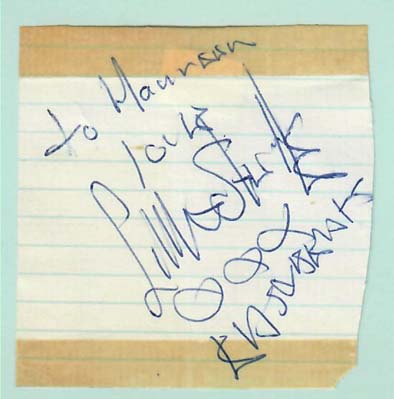
Little Stevie
Reference Number. 14133E
An original vintage 1968 cut lined page, clearly signed and dedicated (To Maureen) in ballpoint by Easybeats lead singer "Little Stevie" Wright d2015
View more information